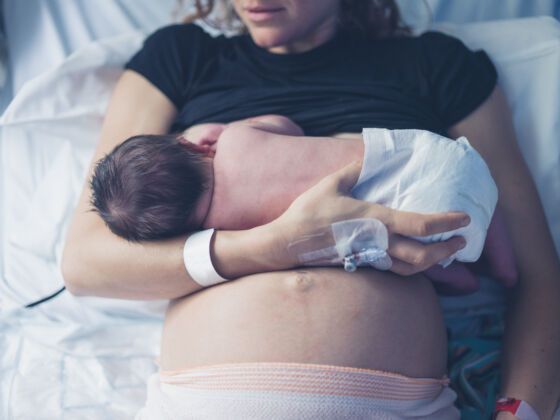One midday in July of 2000, in Hospital Meir in Kfar Saba, a Palestinian boy was born before my eyes.
When I entered room #5, I met Fatma and Ali. I asked if I could stay to help as a doula. Ali said yes, that anything I could to help his wife lessen the pain would be welcome. So I stayed as a kind of physical therapist.
Fatma didn’t answer, not because she couldn’t say anything, but because she only spoke Arabic. Ali spoke perfect Hebrew and this way we could communicate. When I needed to work with Fatma, the only communication possible was through her looks, her sense of feel, breathing, the perceptions of anguish, pain, and whatever lessened the pain. Fatma’s eyes were glued to mine from the time she hugged me until the time she let go. Ali was doing the best he could, and I wanted him to feel that he was helping her. The most important thing was that Fatma felt supported.
